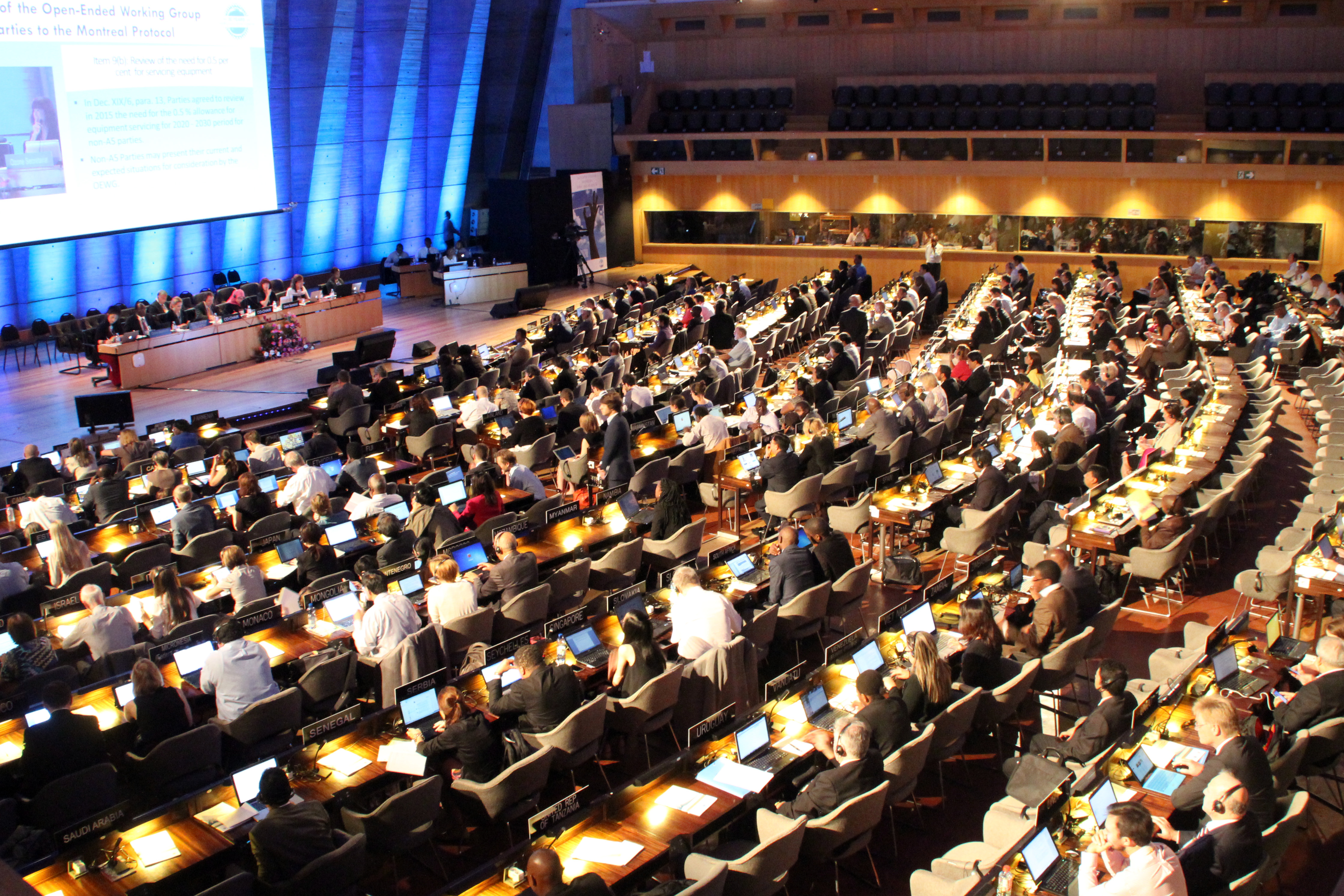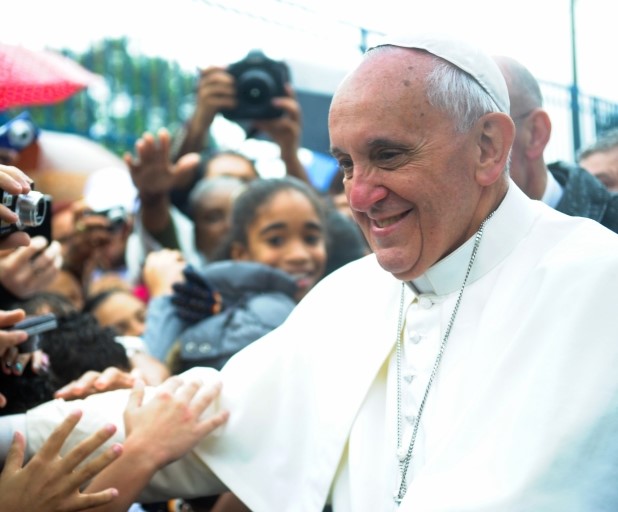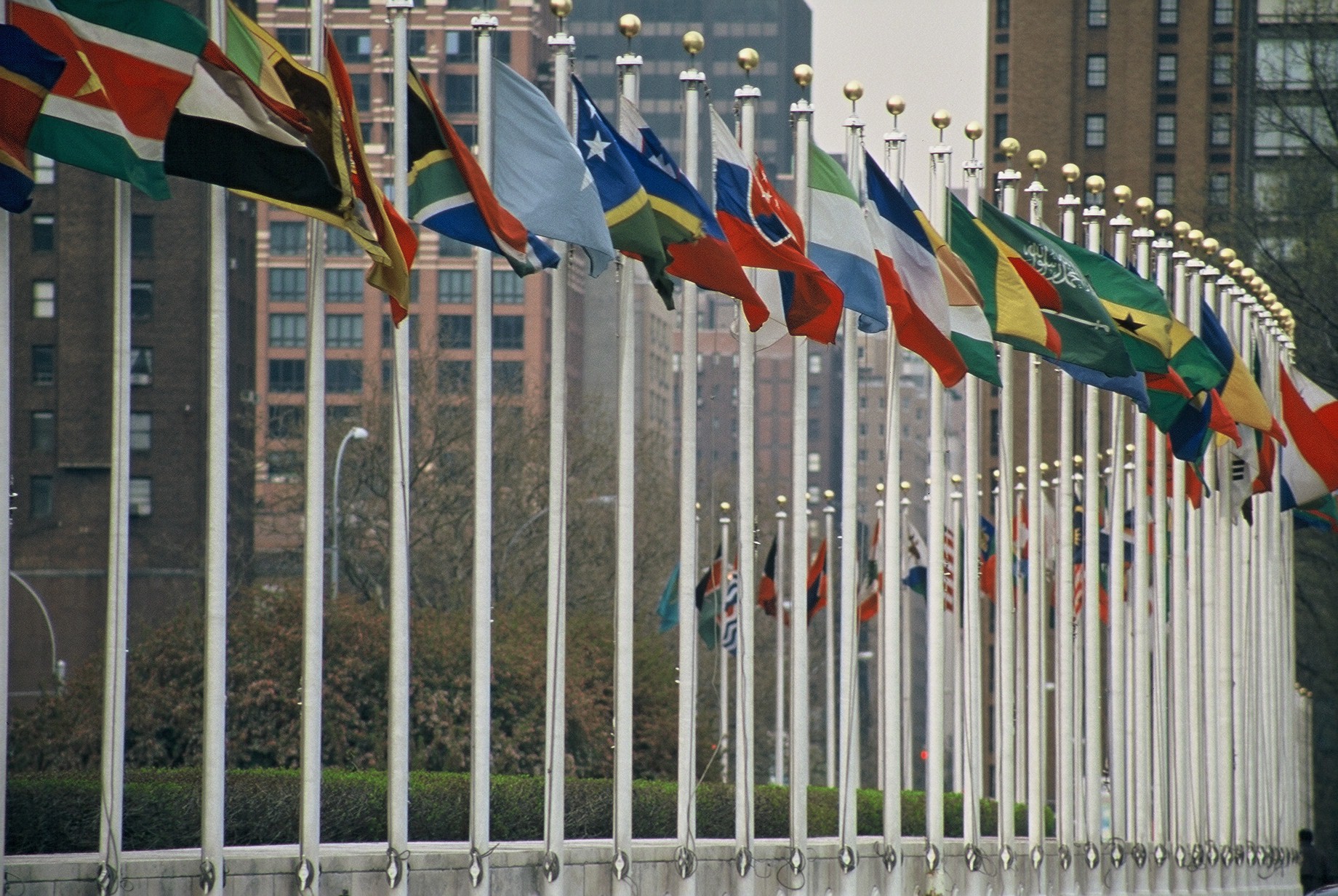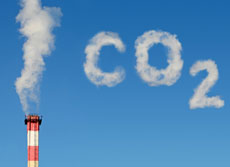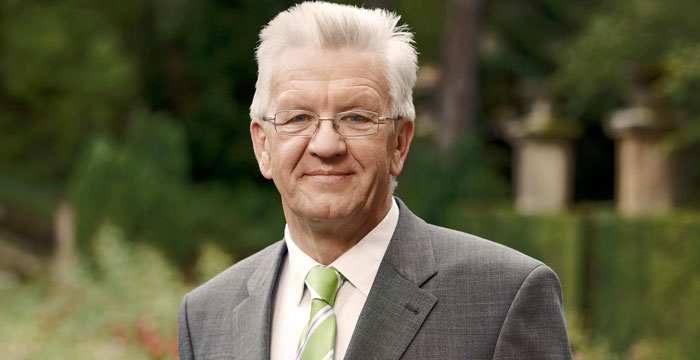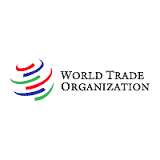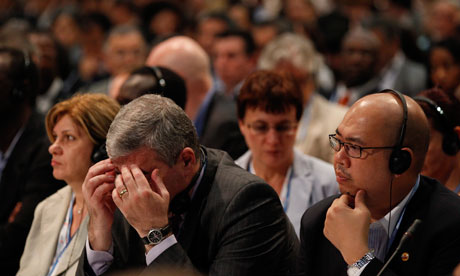International Environmental Law
A gift from the Montreal Protocol parties to the Climate Convention
Montreal Protocol parties agree to negotiate amendment to limit HFCs
Last week, the parties of the Montreal Protocol took an important step to broaden their treaty’s chemical controls to contribute to limiting climate change. The chemicals at issue are the HFCs, or Hydrofluorocarbons. (Like the other halogenated chemicals relevant to ozone depletion, the acronym tells you the chemical composition of the class of chemicals. The …
Continue reading “A gift from the Montreal Protocol parties to the Climate Convention”
CONTINUE READINGPope Francis Goes to Washington
What he said and didn’t say
Pope Francis arrived in Washington, D.C. on Tuesday to begin a much anticipated trip to the United States. While here, the pope will visit DC, New York City, and Philadelphia. Pope Francis, a former chemist, has gained much attention for his calls for action on climate change, in addition to his focus on inequality and …
Continue reading “Pope Francis Goes to Washington”
CONTINUE READINGThe Sustainable Development Goals (SDGs)
Ambitious international targets for sustainability
From September 25-27, the UN is hosting the high-level Sustainable Development Summit and, assuming all goes according to plan, adopting the Sustainable Development Goals (SDGs). The result of years of negotiation with dedicated efforts at transparency and inclusion, the SDGs are a big deal in the international development community. They represent ambitious, consensus international targets …
Continue reading “The Sustainable Development Goals (SDGs)”
CONTINUE READINGA Case of Reverse Causation?
Tomorrow’s Emission Determine Today’s Social Cost of Carbon
Here’s the weird thing: the social cost of carbon today, depends significantly on the year-by-year emissions of carbon in the future, which we obviously don’t know. (Because it depends on our own future actions!) It takes some explanation to show why that’s true and how it matters. If you know a bit about climate policy, you know …
Continue reading “A Case of Reverse Causation?”
CONTINUE READINGWhy Paris won’t be Copenhagen
Christiana Figueres, head of the UN climate convention, makes the argument at UCLA
As Executive Secretary of the UN Framework Convention on Climate Change since 2010, Christiana Figueres jokes that it has been her job to “put 195 countries in a better mood” after the overhyped Copenhagen talks in 2009. The Emmett Institute hosted a lunch at UCLA with Ms. Figueres earlier this week, in which she assured California stakeholders that this year’s Paris …
Continue reading “Why Paris won’t be Copenhagen”
CONTINUE READINGThe Next Six Months
A half-dozen crucial developments will shape environmental policy for years to come.
The next six months will be unusually important in environmental law. There are six key areas to keep an eye on: 1. The Paris climate talks. The world’s governments meet every year in December as part of continuing negotiations on climate issues. This year’s meeting will be the most critical since Copenhagen, six years ago. The …
Continue reading “The Next Six Months”
CONTINUE READINGGermany-California Climate Cooperation?
Lecture By Winfried Kretschmann, Baden-Württemberg Minister-President, tonight at UC Berkeley, could be a start
Germany and California represent two global leaders when it comes to addressing climate change. For example, Germany has been on a renewable energy spree, despite its relatively minimal solar insolation, while California has committed to reducing greenhouse gases and incubating emerging clean technology industries, like energy storage, electric vehicles, and renewables. But at the sub-national …
Continue reading “Germany-California Climate Cooperation?”
CONTINUE READINGThe Brazilian Deforestation Puzzle
Deforestation went down for a decade. Now it’s going up. The reasons aren’t clear.
Brazil’s rate of deforestation went down dramatically over the last ten years. It’s not completely clear why that’s happened. The trend now seems to be reversing (or at least encountering an upward blip). But it’s not clear why that’s happening either. I wish I had a clear explanation to give you. A big part of …
Continue reading “The Brazilian Deforestation Puzzle”
CONTINUE READINGShould the WTO Run International Climate Policy?
William Nordhaus’ New Paper Implies That It Should
Last Thursday, Ethan explained the difficulties with attempting to craft a new international climate treaty, and suggested biting off more snackable chunks to work on the problem piece-by-piece (a recommendation I have also made). Now, hot off the presses, the new American Economic Review features a lead article by William Nordhaus suggesting climate clubs as …
Continue reading “Should the WTO Run International Climate Policy?”
CONTINUE READINGThe Futility Of An International Climate Treaty
A scaled-down, step-by-step approach might yield more results
Call it Kyoto Syndrome, but each year for the past few decades we hear hopeful things about the upcoming negotiations for the “United Nations Framework Convention on Climate Change.” These discussions usually take place in some far-flung world capital, but they seem to always result in a nothing sandwich. In 2009, President Obama embarrassed himself …
Continue reading “The Futility Of An International Climate Treaty”
CONTINUE READING



